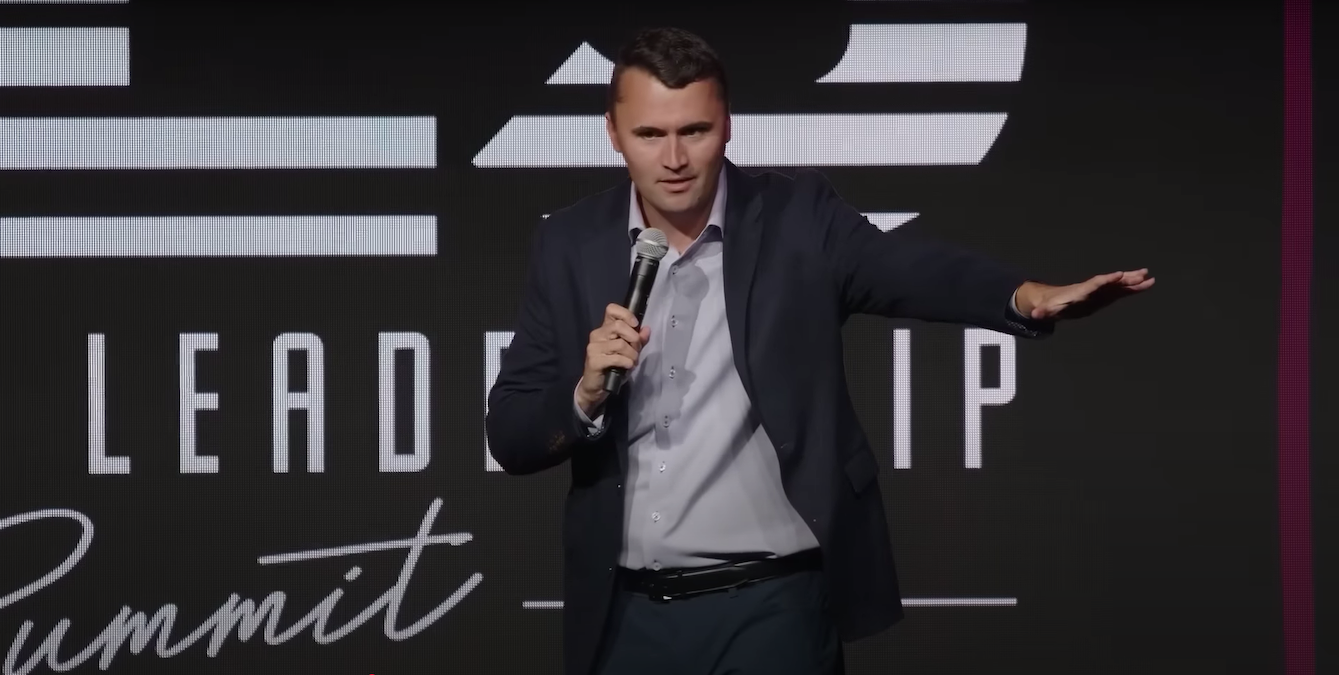Charlie Kirk, a prominent conservative activist and founder of Turning Point USA, was shot and killed on Wednesday at Utah Valley University. The incident has sparked intense debate over political violence and the state of political discourse in the United States.
Explainer Charlie Kirk Overview
Kirk's assassination comes amid rising concerns about a culture of violence associated with political rhetoric, particularly from the left. In April, Kirk referenced a survey indicating that 48% of liberals believed it would be somewhat justified to murder Elon Musk, and 55% felt the same about former President Donald Trump. He warned that the left was being driven into a violent frenzy, suggesting that setbacks such as electoral losses justified extreme responses.
In a post on X, Kirk stated, "The left is being whipped into a violent frenzy. Any setback, whether losing an election or losing a court case, justifies a maximally violent response."
The alleged assassin reportedly engraved slogans related to transgender and antifascist ideologies on the bullets used in the shooting, which some commentators have interpreted as evidence of a politically motivated attack. Critics argue that this reflects a broader trend of political violence that has been tolerated or even encouraged by some factions within the left.
Mark Hemingway, a writer at The Federalist, noted that Kirk's death highlights a dangerous escalation in political violence. He stated, "This is the natural outgrowth of left-wing protest culture tolerating violence and mayhem for years on end."
Former President Barack Obama faced criticism for his response to the shooting. Critics pointed out that his past associations with left-wing radicals raised questions about his credibility when he stated, "We don’t yet know what motivated the person who shot and killed Charlie Kirk."
Supporters of Kirk have called for a vigorous response to what they see as a growing threat from radical leftist groups. Some have suggested that the government should take action against organizations linked to political violence, including Antifa and Black Lives Matter.
John Daniel Davidson, a senior editor at The Federalist, argued that the current political climate necessitates a reevaluation of how the right should respond to left-wing violence. He emphasized the need for a strong institutional response to prevent further escalation. "The only thing that will prevent escalation and vigilantism at this point is a vigorous response from legitimate, duly-constituted authorities," Davidson said.
The assassination has ignited discussions about the implications for political discourse in America. Many commentators are concerned that the normalization of violence as a political tool could lead to further instability.
As the nation grapples with the aftermath of Kirk's assassination, the debate over political violence and its consequences continues to unfold, raising questions about the future of political engagement in the United States.
Why it matters
- Charlie Kirk's assassination underscores rising concerns about political violence and its normalization in U.S. discourse.
- The incident has intensified debates over the implications of political rhetoric and its potential to incite violence.
- Kirk's death has prompted calls for action against groups perceived as promoting political violence, highlighting divisions in society.
- Critics argue that the left's tolerance of violence has escalated tensions, raising fears of further political instability.
What’s next
- Calls for government action against organizations linked to political violence are gaining traction.
- Debates on how the right should respond to left-wing violence are expected to intensify in political circles.
- Investigations into the motivations behind Kirk's assassination are ongoing, with potential implications for political groups.

